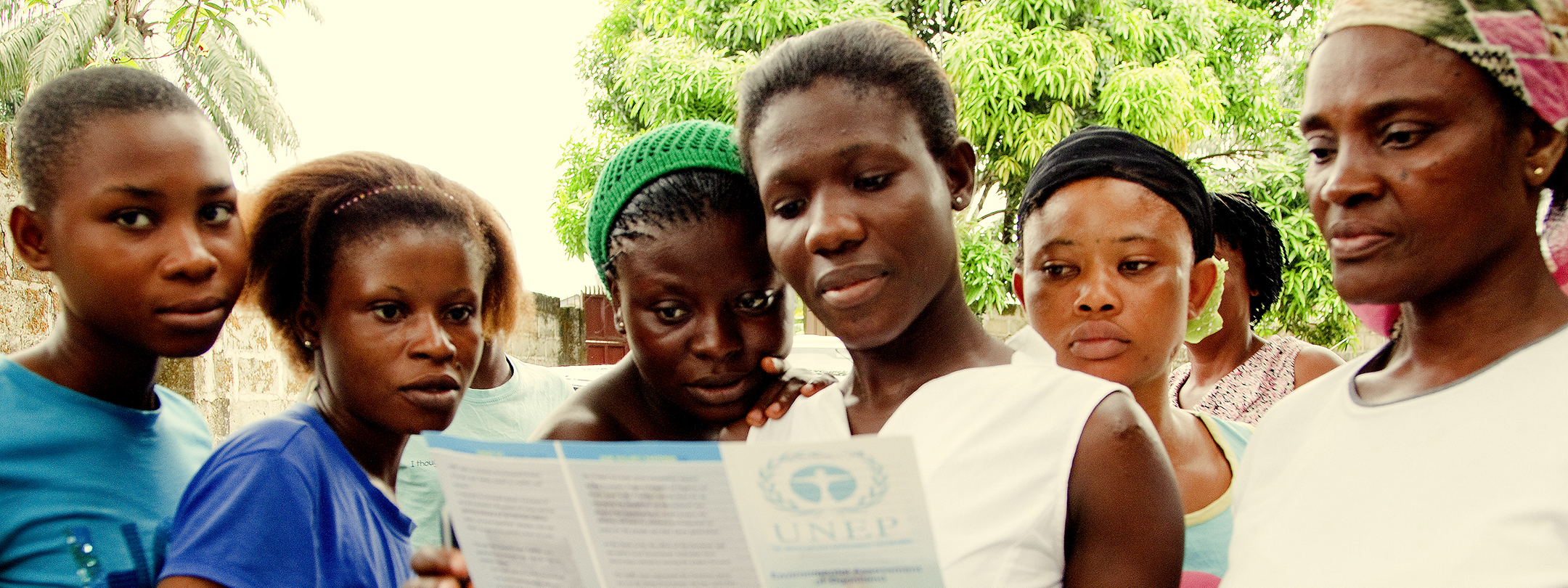Civil Society and Post-Conflict Peacebuilding: Ambiguities of International Programmes Aimed at Building 'New' Societies
Publisher: Security Dialogue
Author(s): Beatric Pouligny
Date: 2005
Topics: Assessment, Conflict Prevention, Monitoring and Evaluation, Programming
This article offers a critical analysis of aid programmes aimed at supporting local civil societies in post-conflict peacebuilding (PCPB). Such programmes are often seen to carry the best hopes for a genuine democratic counterweight to existing power-brokers and to hold the key to the building of a 'new' society. But, in their interventions, outsiders tend to forget the large diversity of local civil societies, creating many counter-effects in the way international programmes purport to support or empower local people. The resulting consequences affect the ways in which international and local actors interact in post-conflict contexts and, accordingly, the ways in which actual 'civil society' may contribute to PCPB. A close analysis of these elements reveals larger political ambiguities present in PCPB strategies and actions. The article ends with a series of recommendations to support a better understanding and acknowledgment of local processes and resources in any aid programme, as well as greater accountability on the part of outsiders.
